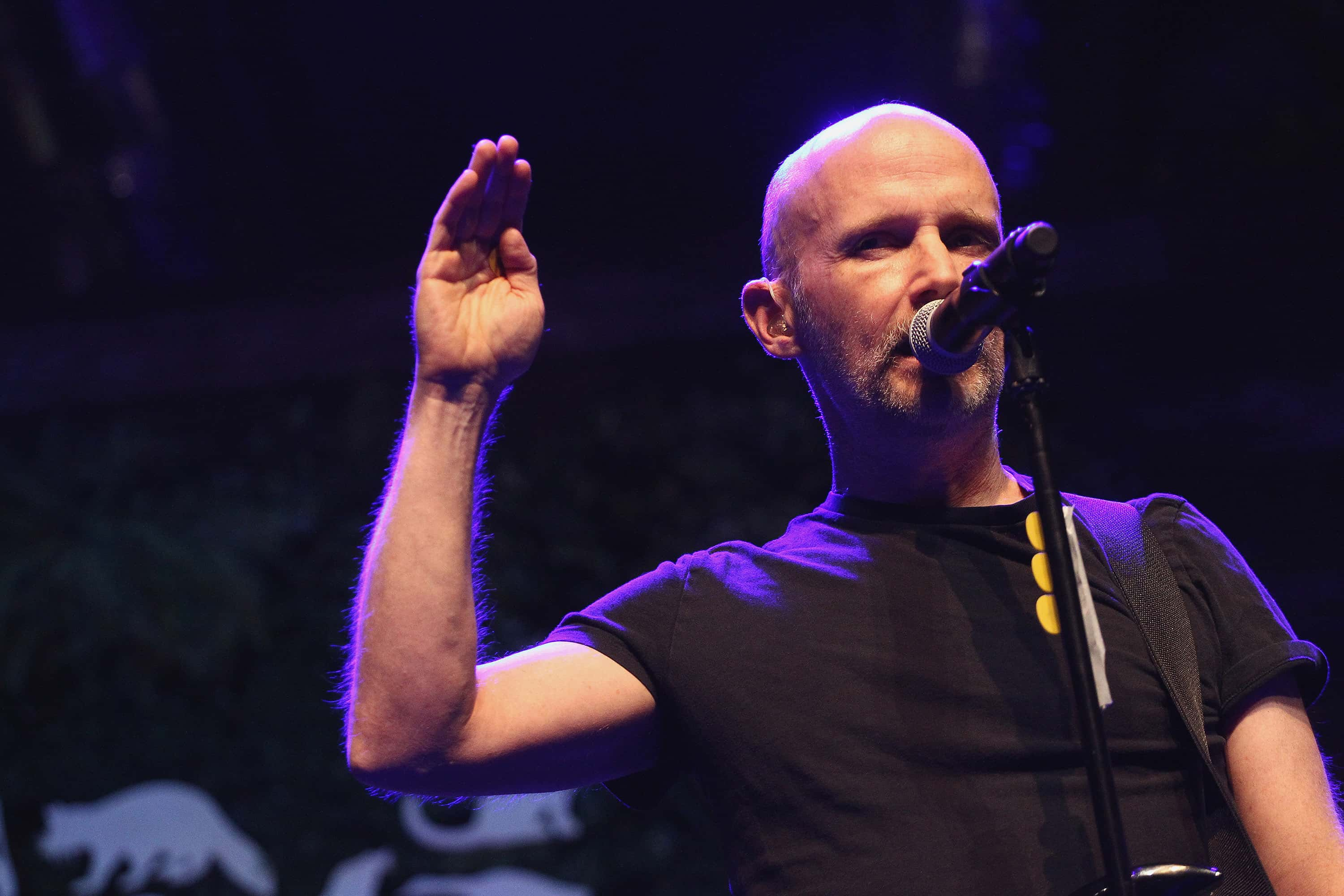'Play': 1999's seminal album revived Moby's career and made electronic music an international phenomenon

Nearly a year after his previous studio album 'Long Ambients 2', Moby is set to drop his new studio album 'All Visible Objects' on May 15. But as we gear up for some more gorgeous electronic music to vibe to, let's take a moment to appreciate the legacy that Moby has created so far.
Richard Melville Hall, known to most as Moby, began his musical journey at the age of nine when he started playing the guitar. He spent the next few decades honing his skills and playing in several underground punk rock bands before finally setting his sight on electronic dance music in the late '80s. After this, he moved to New York and established himself as one of the most prolific producers and DJs of the '90s.
Moby's breakthrough came with his 1991 single 'Go', and from there on he would go on to release several charting singles in addition to releasing music under a variety of pseudonyms and composing for films. But when the artist went back to his punk roots with 1996's 'Animal Rights', he inadvertently alienated a large section of his fanbase. For Moby, this signaled the end of his music career. He decided to release the electronica album 'Play' in 1999 as his final goodbye.

'Play' would go on to become one of the most influential electronic albums of all time, bringing Moby unprecedented success in addition to making electronic music mainstream.
The album didn't just revive Moby's career, it turned him into an international phenomenon, with every single song on the record being licensed to films, television shows and commercials. Despite his continued success since then, 'Play' remains Moby's highest-selling album to date. The album included tracks like the club hit 'Why Does My Heart Feel So Bad?', 'Porcelain', which notably featured on the soundtrack to 'The Beach', and 'South Side' (featuring Gwen Stefani), which remains Moby's only song to appear on the Billboard Hot 100.
Following 'Play', Moby went on to release several genre-bending albums that fused electronica with dance, rock and downtempo music, before veering into more ambient music territory with albums like 2016's 'Long Ambients 1: Calm. Sleep.' and his last release, 'Long Ambients 2' in 2019. And while he hasn't managed to recreate the success of 'Play' with any of his other releases, Moby has proven time and time again that he has the ability to experiment and innovate, breaking the barriers that defined the electronic genre. He blends themes and styles in ways that continue to carry his signature sounds while also being entirely new and different.
Moby hasn't toured since 2014, but he continues to put out music regularly, even giving some of his music away for free such as his 'Ambients' albums, which help people sleep better. This is in addition to providing over 200 tracks "available to licence for free via a simple online application system" for "independent and non-profit filmmakers, film students, and anyone in need of free music".
Besides, he has also contributed to the music industry by writing and producing for various artists. Outside of music, Moby has released several books, including his memoirs 'Porcelain' (2016) and 'Then It Fell Apart' (2019). The latter book courted significant controversy after Moby claimed that he briefly dated Natalie Portman but the actress denied the rumors and instead claimed that she was only 18 when they met, branding him "creepy". Moby later acknowledged Portman's criticisms as "valid", stating he should have consulted her before including their story in his book.

Amid the claims in his book, photography, veganism and commitment to animal welfare and humanitarian aid, it can be pretty easy to forget just how defining Moby's music has been — not just for the electronic music scene but for the music and film industries as a whole.
With 'Play', Moby didn't just change how the world viewed electronic music, he changed how music was used in commercial projects as well as how soundtracks affected the music used in them. Moby, who was not a fan of several songs on 'Play' and had to be convinced to include them, credits the success of songs like 'Porcelain' to the way they were used in world-famous projects. If it weren't for his tracks featuring across projects the way they did, the world may have never heard the genius contained within that album.
And without the music of 'Play', modern music, which heavily features elements of electronica regardless of genre, would not be what it is.










